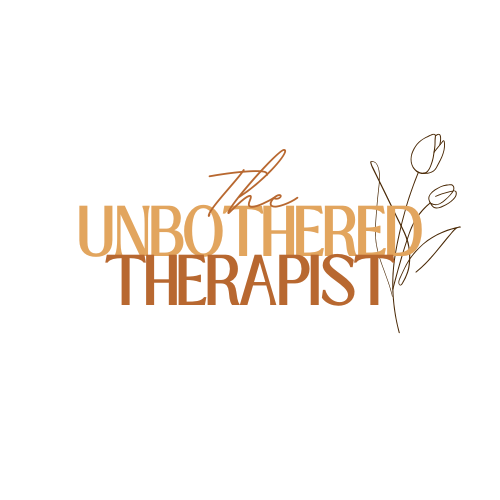Heal Attachment Wounds and Reclaim Your Right to Belong
Trauma-informed & Somatic Therapy in Gaithersburg, MD and the DMV area for high-capacity women of color and LGBTQIA+ folks navigating family estrangement and complex relationship patterns.
When Love Meant Shrinking Yourself
Maybe you were the emotional anchor in a chaotic home. Maybe you learned early that love came with conditions—or that your needs were too much.
Perhaps you've distanced yourself from family to survive—but you’re left grieving what never was. Or maybe you're still in contact, but every interaction leaves you emotionally depleted.
Estrangement, whether chosen or not, doesn’t mean you’re broken.
It means you chose your peace. And now, you deserve support that sees the full complexity of your story—and helps you move forward without shame.
How Attachment Wounds Show Up
You might see the ripple effects of attachment trauma in your everyday life:
Feeling emotionally responsible for everyone around you
Attracting relationships that mirror past dysfunction
Wanting connection but feeling unsafe when it shows up
Struggling with guilt, resentment, or grief around family
Minimizing your needs to keep others comfortable
Decolonizing Therapy. Reclaiming Connection.
Why Trauma-Informed Therapy Helps You Heal Attachment
Traditional therapy often skips over the systems, survival strategies, and identity-based pain that shape our earliest attachments. At The Unbothered Therapist, we do things differently.
If you grew up earning love through perfection, silence, or self-sacrifice—estrangement or relationship challenges may feel like personal failures, even when you know they’re necessary. But these patterns didn’t start with you—and they don’t have to keep defining you.
Trauma-informed therapy helps untangle the emotional knots left behind by conditional love, fractured family dynamics, and attachment trauma.
Together, we’ll work on:
Identifying the early messages that shaped how you show up in relationships
Processing guilt, grief, or anger that’s been living in your body for years
Creating internal safety so you don’t need to rely on external validation
Learning how to experience closeness without abandoning yourself
Reclaiming your right to take up space—even if your family couldn’t make room for you
You don’t need to go back to who you were to belong. You get to move forward as who you are now—rooted, whole, and unbothered.
Common Focus Areas
-
Attachment Trauma
Heal patterns of avoidance, insecurity, and fear of abandonment.
-
Family Estrangement
Process grief, anger, and guilt while navigating distance.
-
Relationship Patterns
Build healthier dynamics rooted in trust and communication.
-
Boundaries & Communication
Learn tools to assert your needs with confidence.
The Unbothered Approach to Healing Attachment Trauma
At The Unbothered Therapist, you don’t have to justify your boundaries, explain your culture, or perform your pain. We’ll co-create care that honors your capacity and identity while addressing the real emotional weight of what you've carried.
Together, we’ll:
Explore the origin stories of your attachment patterns
Process estrangement-related grief without pressure
Learn how to set and protect boundaries without guilt
Build trust—in yourself and the relationships you choose
Reconnect with your body’s cues for safety and self-regulation

You Don’t Have to Go Back to Belong Again’
Your story doesn’t end with disconnection. Therapy can help you heal relational wounds, reclaim your emotional voice, and build the kind of connection that doesn’t require shrinking who you are.

FAQs on Attachment Trauma & Family Estrangement
-
Attachment trauma often stems from childhood experiences, like neglect or inconsistent care, and affects how we connect in adult relationships. Therapy helps you feel safer, more secure, and confident in relationships.
-
Yes! Therapy provides tools to process grief, make peace with your decisions, and navigate boundaries—whether you choose reconciliation or distance.
-
Relationship trauma can involve patterns of emotional neglect, manipulation, or betrayal that leave lasting wounds. Therapy focuses on rebuilding trust, self-worth, and communication skills to create healthier relationships moving forward.
-
Yes! Individual therapy helps you address personal patterns and triggers, empowering you to set boundaries and make changes—even if your partner isn’t ready to join the process.
-
Yes! I provide virtual therapy sessions across D.C., Maryland, and Virginia, as well as in-person sessions in Rockville, MD.






